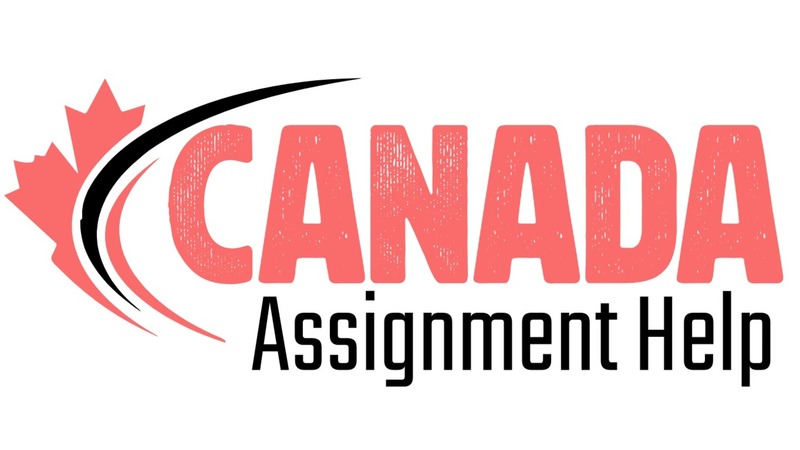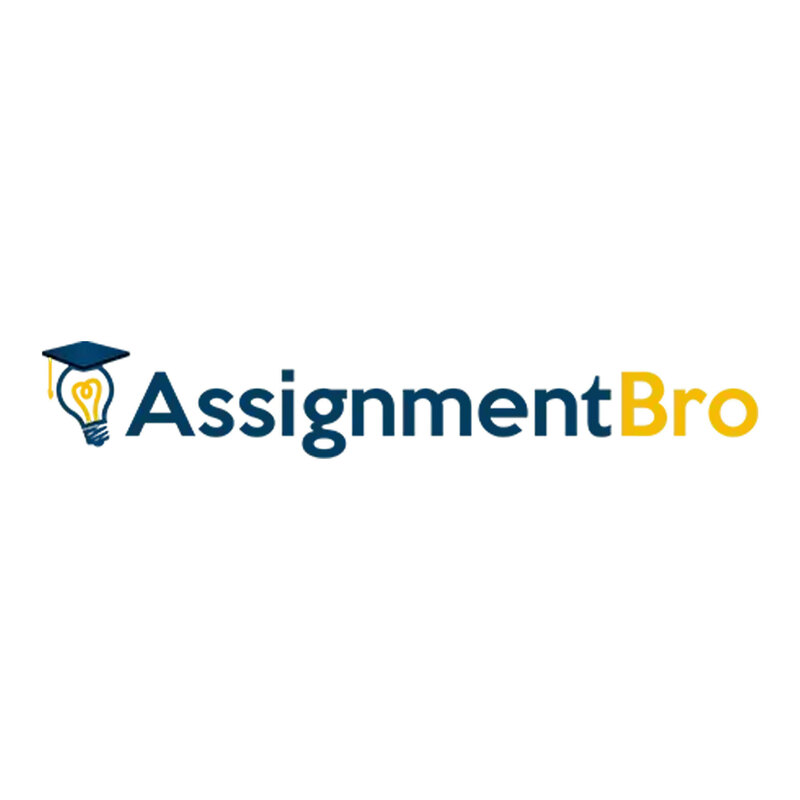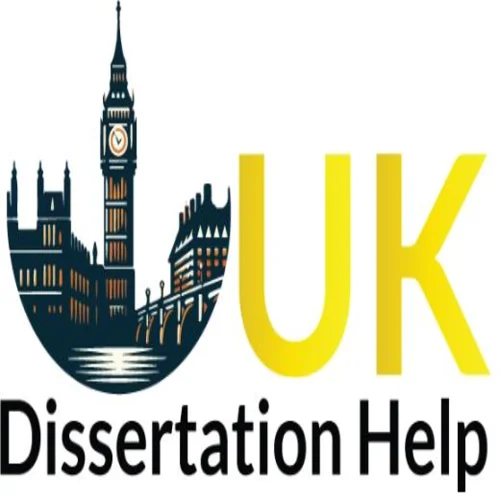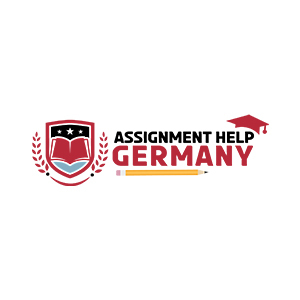
Articles
Why 2025 Might Be the Year Students Finally Rethink How They Learn

Share this post
School Feels Different in 2025 And That’s Not a Bad Thing
Okay, let’s be real for a sec: education hasn’t exactly been “cool” for most of us. Homework piles up, lectures drag on, and exams feel like mini-heart attacks waiting to happen. But 2025? This year feels different. Maybe it’s the way AI tools are reshaping classrooms. Maybe it’s how students are finally speaking up about what actually works for them. Or maybe it’s just the vibe learning doesn’t look as stuck-in-the-past as it used to.
AI Tutors Are the New Study Buddies
Remember when asking for help meant waiting for office hours, or (worse) emailing a professor and praying they’d reply before the deadline? Yeah, same. But now AI tutors are everywhere on laptops, in apps, even built right into search engines.
And here’s the kicker: they don’t just spit out answers. The smarter ones break stuff down in ways that actually make sense. You can ask the same “dumb” question a hundred times and never feel judged. That’s a game-changer for shy students who’d rather chew glass than raise their hand in class.
The Rise of Smarter Study Hacks
If there’s one thing TikTok has taught me, it’s that students will find any way to make studying less painful. From the “Pomodoro” timers (25 minutes on, 5 minutes off) to wild color-coded note systems, the creativity is endless.
Here’s what I have seen really work:
Chunking notes instead of trying to swallow an entire textbook in one sitting.Study playlists that aren’t just lo-fi beats but matched to your focus levels.Peer swapping essays before handing them in. (Sounds scary, but your friend will catch mistakes Grammarly won’t.)
And when it comes to bigger projects, like research papers, I know students who lean on Research Paper Writing Help services not to cheat, but to get feedback, outlines, and editing support. It’s like paying for a second brain that’s been through the trenches already.
Mental Health Finally Gets a Seat in the Classroom
This one might be my favorite change. For years, burnout was just… accepted. Students pulled all-nighters, bragged about running on caffeine and vibes, and nobody blinked. Now? There’s way more open talk about balance.
Universities are (slowly) catching on adding mental health resources, offering flexible deadlines, even experimenting with shorter exam formats. And students themselves are learning to set boundaries: saying no to toxic productivity, asking for help when needed, and remembering that grades don’t define their whole worth.
The Sneaky Side Hustle of Learning
Here’s something nobody really prepared us for: students are treating learning like a side hustle. Not in the “make money off it” way (though plenty are freelancing on the side), but in the sense that education is no longer confined to a classroom.
Want to learn coding? There’s a YouTube playlist for that. Interested in philosophy? There’s a Discord server with weekly debates. Need term paper writing help because your plate is overflowing? There are legit online platforms connecting you with people who’ve already mastered the grind.
Wrapping It Up
So yeah, education in 2025 feels less like a punishment and more like a toolkit you actually want to use. Between AI buddies, smarter study hacks, a focus on mental health, and the freedom to learn outside the classroom, students are finally in the driver’s seat.








